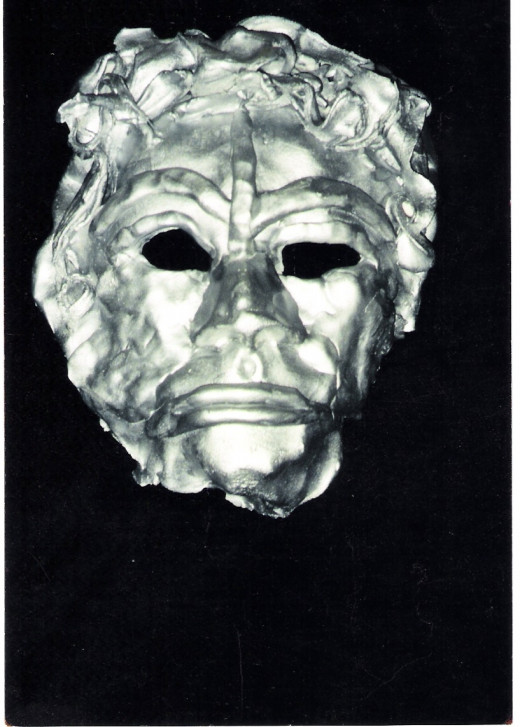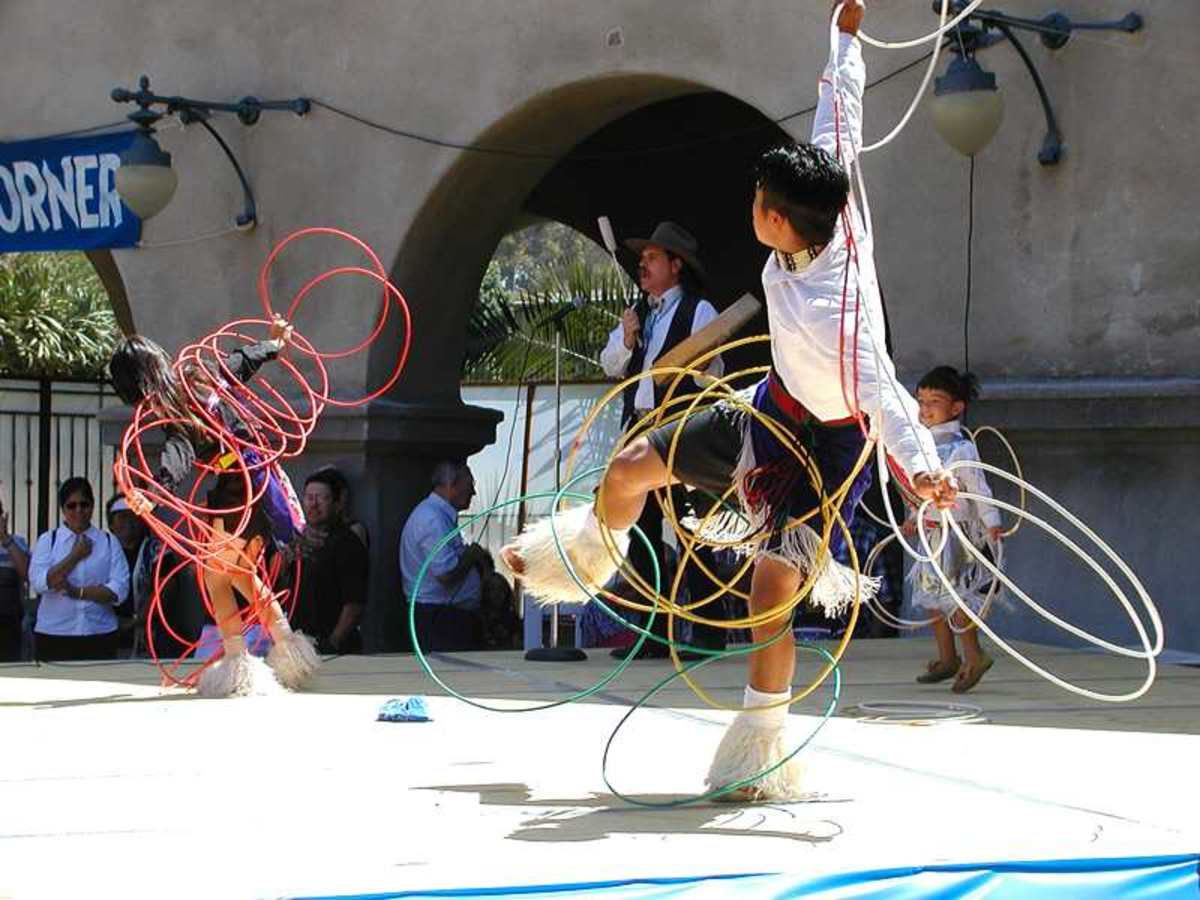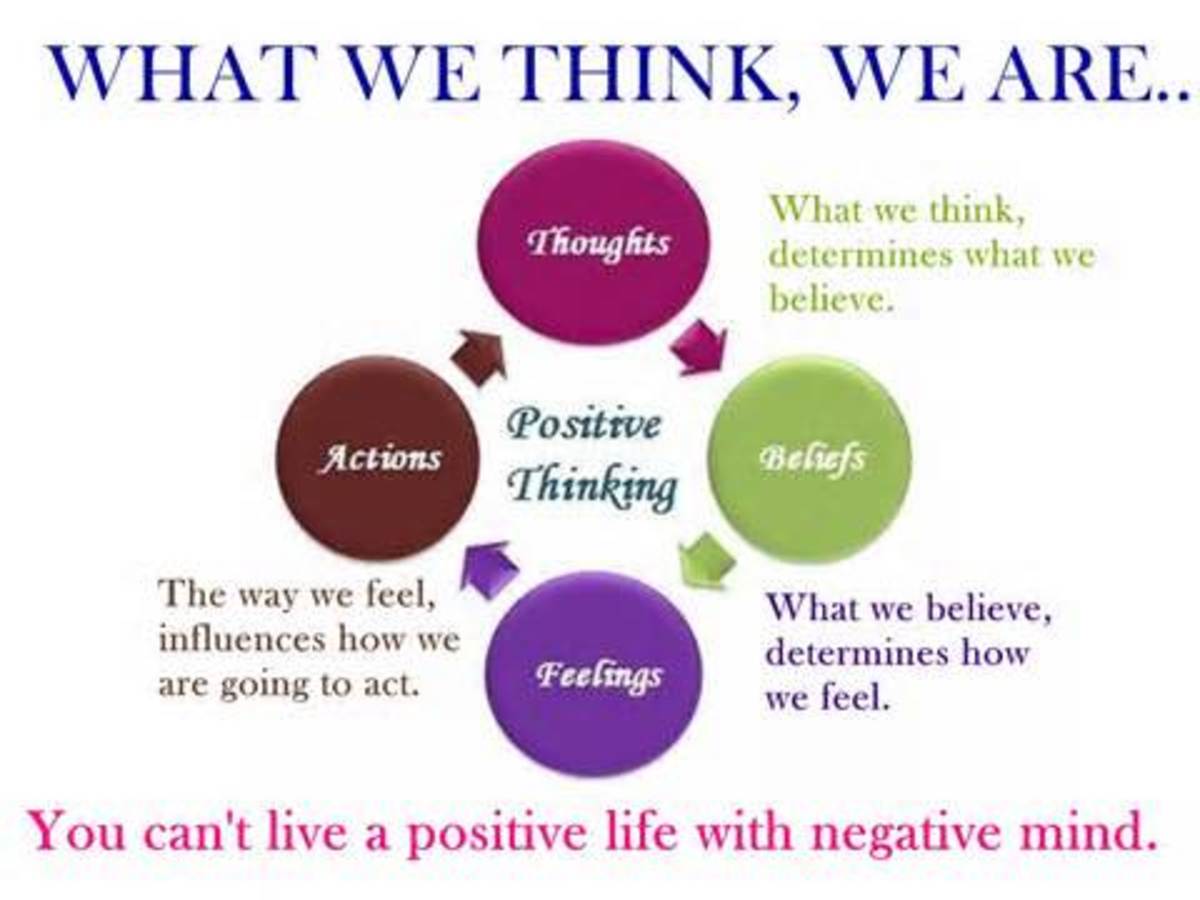Two ways to be Happy: Ignatian Wisdom
St. Ignatius of Loyola

Check out free mp3 downloads of Fr Timothy Gallagher's Discernment Series, based on Ignatian wisdom
- Fr. Timothy Gallagher – Discernment of Spirits - Discerning Hearts Discerning Hearts
Free audio Mp3 downloads: Fr. Timothy Gallagher's Discernment Series : Setting the Captives Free; Based on St. Ignatius of Loyola's teachings
More on St Ignatius of Loyola
- Saint Ignatius of Loyola
Saint Ignatius was born in the year 1491 in the country of Spain. St. Ignatius grew up in a wealthy, prosperous family in Spain at the time. His mother and father were well known in most parts of the county, and that led to Ignatius becoming a... - Reflection on St. Ignatius Statue
There are many famous men and women with the Jesuits, yet none more famous then Saint Ignatius. He went from a war hero to Jesuit founder. His ingenious and insightful ideas have swept through the Catholic Religion and have become the basis for many. - The Examen by Ignatius of Loyola
The Examen by St Ignatius of Loyola St Ignatius of Loyola is a spiritual master of the church. In his Spiritual Exercises he suggests a daily review of one’s life as part of prayer. The following is an adaptation. Preparation: *Make time...
I decided to do this piece on happiness, based on the teaching of a Spiritual master of the Catholic tradition, St. Ignatius of Loyola, because his advice has proved very useful and practical to me.
Discernment of Spirits
St. Ignatius taught that there are two ways to be happy and two ways to be sad - but not all the ways to be happy are always truly good, just as not all the ways we can be sad are bad in the grander scheme of things.
The process of distinguishing between these movements of happiness and sadness as to their real qualitative value in the bigger picture is called: the discernment of spirits. The discernment gift is among the most valued of spiritual gifts. Thankfully, it can be acquired by anyone who learns to pays better attention to their hearts and to their lives.
Lets look at these two ways of St. Ignatius, and see what practical tips we can extract for ourselves from his wisdom and the wisdom of some of his students living today.
Two Two-Ways: Consolation and Desolation
There are two ways to be happy: A true way that is always good or right; and another way that can be either true or false. There are also two ways to be sad: One destroys and is always bad; and another is temporary and can have good effects. The specific term that St. Ignatius used is consolation and desolation.
According to Ignatian discernment, there are two distinct movements in the soul of all humans. One leads us to God and to our greatest happiness, the other leads us away from him and to our greatest despair. He taught that it is imperative to know and to distinguish these movements so that we can always take the path that is best for us at every important point in our lives.
Spiritual Consolation and Spiritual Desolation
Consolation refers to positive experiences and feelings. Generally, anything that tends towards happiness. Desolation refers to any kind of negative experience. Spiritual Consolation may be accompanied by wonderful feelings or other positive experiences, but it is not strictly defined by them and is itself nothing at all to do with feelings and positive life circumstances.
The best kind of happiness and the best kind of sorrow or sadness both tend to an ever deeper and lasting happiness, while the bad kinds tend towards false, fleeting happiness that pretends to make us better only, indeed ultimately, leading us to overwhelming despair. You may wonder:How can sadness possibly be good or happiness bad?
Affective Consolation and Affective Desolation
Positive feelings, according to the science of the discernment of Spirits of St. Ignatius, are called affective consolations, while negative feelings are affective desolation. These are good or bad to the true way of happiness depending on whether they hinder or help the soul along that path of true happiness, which is that of spiritual consolation.
The True Way...
St. Ignatius taught that the good movements, which can be good thoughts, suggestions, feelings or inspirations, always make us stronger in faith, hope and love. These are special spiritual gifts with a specific meaning in the Catholic tradition. Suffice it to say, they make us believe in God, believe and trust in his goodness, and they make us want to love him.
This general movement towards these supernatural gifts are what he termed: Spiritual Consolation, that we've discussed above- It is the true way of happiness, regardless of how we may feel at different points along this path. The general movement away from them he called: Spiritual desolation, again mentioned above- It is the ultimate way of despair, regardless of how happy we may feel at different points along this path.

A False Way...
False happiness is a counterfeit, a mask that covers great despair to come.
- It is always easy, with a fleeting and superficial quality to it, if we but stopped and took notice of its effects on or in us.
- It has a craving energy to it.
- It tends to lower our sight and make us focus on trinkets that don't last with an obsessive or a subtle addictive quality- Our looks, our money, our ''stuff'', our food, what people think about us, and other such movements.
In reality then, though you may feel happy in that moment, this is really a spiritual desolation that eventually will lead to despair. The good movement on the other hand, if followed, has the opposite effects of taking away these cravings, and raising our sight to higher things.
Good sadness is that which reminds us that we are not on the right path. Good sorrow is the one that tells us: How long can I go on this way? Don't I need help? It makes us realize just how unhappy we are, living our miserable lifestyles and reminds us that there must be more to life than this shallow, stale, unhappy existence.
So while it has an element of sadness to it, this affective desolation of the good kind, carries with it a light, a hope, a solution. Somewhere at the end of that question is a ''There must be a better way''. It is ultimately in service of true happiness. This makes the affective desolation, in truth, actually spiritual consolation.

The bad kind of affective desolation, on the other hand, makes us miserable and carries a hidden suggestion to despair- This is all there is to it, It says. There's nothing more to hope for, that's it for you. It tells us: You're worthless! Just give up, already! How many times have you tried? You're nothing but a failure. Stop kidding yourself! If listened to, this kind of sorrow can lead even to suicide or at least, some destruction in our lives: some loss of faith, some loss of hope, and some loss of love.
Practical application
St Ignatius taught a simple rule to help us use our knowledge of these movements in our own lives.
1) Basically, when I find myself tending towards what is good and encourages Spiritual Consolation, then I should follow the movements that draw me on this path:
- What increases my faith, hope and love,
- What gives me strength and confidence to pursue what is right,
- What gives me inspirations to solve difficult problems through moral means
- What gives me peace that is deep and inexplicable and lifts the heavy mood and takes away negative and bullying thoughts.
- When I find that my addictions, cravings, bad habits and other such attachments are decreasing.
These are good movements. I can trust them and go along with them. I shouldn't hinder but rather pursue those thoughts, desires, suggestions that continually put me on this path. When, while on this path, discouraging thoughts start to come to me, suggesting that I'm kidding myself- saying: Who do you think you are? Give it up! These thoughts I ought to reject immediately and with resolve- Lies, is what they are. To refuse to indulge them and to turn my attention back to the good thoughts and direction I was on.
2) When I find myself loosing faith, hope and love, the higher truths fast receding from my mind while the more mundane ones take prominence, with cravings and attachments to ''stuff'' and other shallow things taking root in my heart, then I should take a step back and recognize that this is a spiritual desolation that is leading me ultimately to despair.
At what point did I start on this road?
I might say a short prayer seeking help, peace and wisdom and return to the point before I made the wrong turn and begin again. I should wait for the peace to return, a characteristic peace that signals the path of spiritual consolation or the path of faith, hope and love.
This is a highly watered down summary. For a good treatment of these wonderful insights and practical explanations of St. Ignatius' wisdom, please visit Discerning Hearts for Fr. Timothy Gallagher and other speakers.







